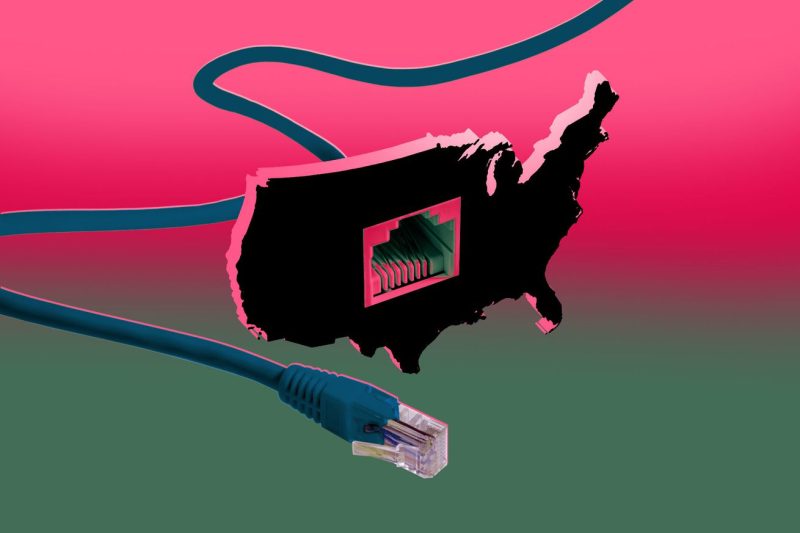The claim made by Internet Service Providers (ISPs) in their recent statement asserting that there is no need for new customer service rules brings to light a contentious issue within the industry. While ISPs argue that existing regulations are sufficient and that customers are content with the service provided, a closer examination reveals a more complex reality.
ISPs often cite data indicating high levels of customer satisfaction as evidence that current regulations are adequate. However, relying solely on customer satisfaction surveys may not provide a complete picture of the consumer experience. Many subscribers may have limited choices due to regional monopolies or duopolies in the broadband market, which can influence survey responses. In such cases, satisfaction levels may not accurately reflect the quality of service.
Moreover, issues such as billing disputes, service interruptions, and slow internet speeds are common complaints among ISP customers. Without clear guidelines and standards for customer service, subscribers may face challenges in resolving these issues in a timely and satisfactory manner. Implementing specific requirements for response times, problem resolution, and transparency can help address these concerns and improve overall customer satisfaction.
Another important aspect to consider is the increasing reliance on broadband internet for essential services such as telecommuting, online education, and telehealth. As society becomes more dependent on reliable internet connectivity, the need for robust customer service standards becomes even more critical. Ensuring that subscribers have access to prompt and effective support can help minimize disruptions and ensure continued access to essential services.
Furthermore, as technology continues to evolve, new challenges in customer service may emerge. Issues related to privacy, data security, and emerging technologies such as 5G networks may require tailored customer service procedures to address effectively. By proactively establishing guidelines and rules, ISPs can adapt to these changing landscapes and provide a higher level of service to their customers.
In conclusion, while ISPs may argue that existing customer service rules are sufficient, there is a compelling case for the implementation of new standards to address emerging challenges and improve overall customer satisfaction. By focusing on transparency, responsiveness, and adaptability, ISPs can enhance the customer experience and build stronger relationships with their subscribers. Efforts to establish clear guidelines for customer service will not only benefit consumers but also contribute to a more competitive and innovative broadband market.




























